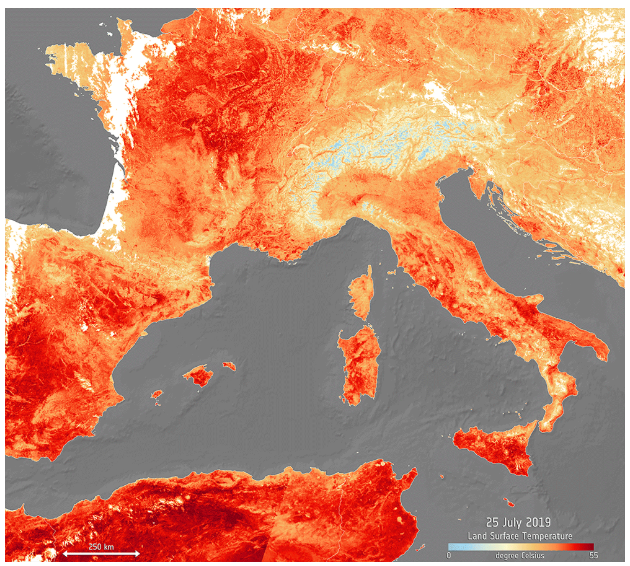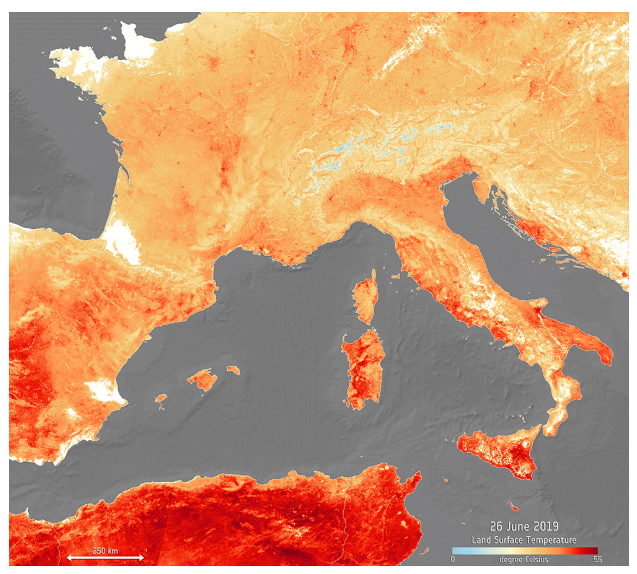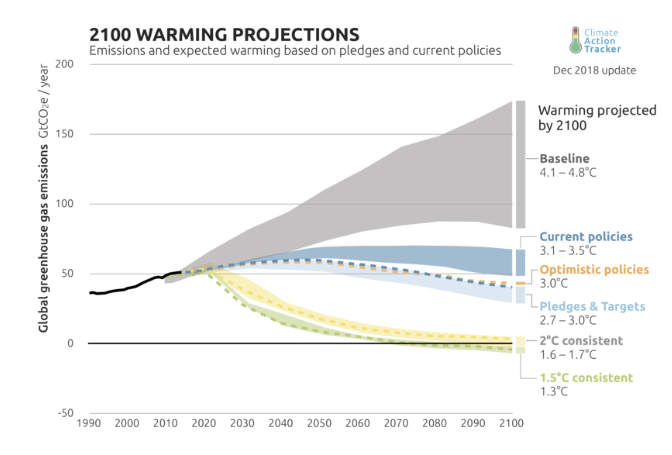Vintners in France haven’t seen such a succession of hot weather and dry harvest since the 14th century, during a time called “the Black Death”, according to Bloomberg. Has a nice ring to it, doesn’t it?
Though these weather extremes may seem normal to those under the age of 30, they are unprecedented by historical standards, going all the way back to when Europe was recovering from the pandemic that trounced its population. This is the conclusion of researchers who examined temperature, grape harvest and wage data dating back to 1354.
In their paper, the authors led by Thomas Labbe conclude:
“Outstanding hot and dry years in the past were outliers, while they have become the norm since the transition to rapid warming in 1988. Hotter temperatures over the last three decades have resulted in Burgundy grapes being harvested on average 13 days earlier than they were over the last 664 years.”
The study underscores how the effects of climate change are forcing some populations to adapt to new cycles.

The hotter temperatures have an effect on Burgundy’s farmers tending to their vineyards, itinerant harvesters, merchants and consumers.
Through looking at about 300 documentary weather reports, the researchers looked at the legendary hot summer of 1540 that dried up the Rhine River. That year, workers harvested grapes that looked like “withered raisins” and “yielded a sweet sherry-like wine which made people rapidly drunk.”
Doesn’t sound that bad to us…
Regardless, Hugh Johnson, a well known wine critic, said tasting the 1540 vintage was “one of the most memorable moments of his career”.
High temperatures don’t necessarily guarantee quality harvests, according to the research, which notes that the duration of ripening and winemaker styles are also important inputs.
![]()
Zero Hedge’s mission is to widen the scope of financial, economic and political information available to the professional investing public, to skeptically examine and, where necessary, attack the flaccid institution that financial journalism has become, to liberate oppressed knowledge, to provide analysis uninhibited by political constraint and to facilitate information’s unending quest for freedom. Visit https://www.zerohedge.com



